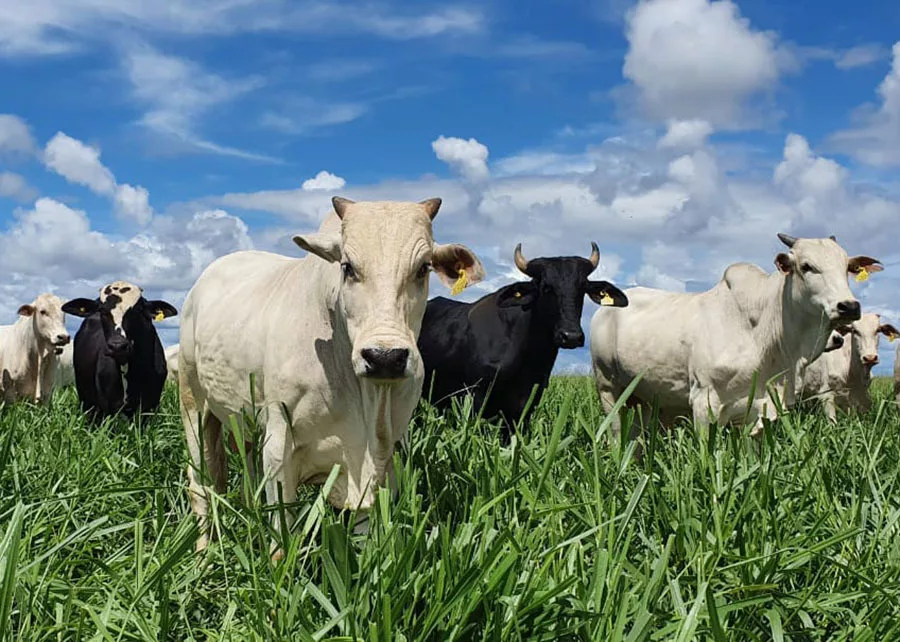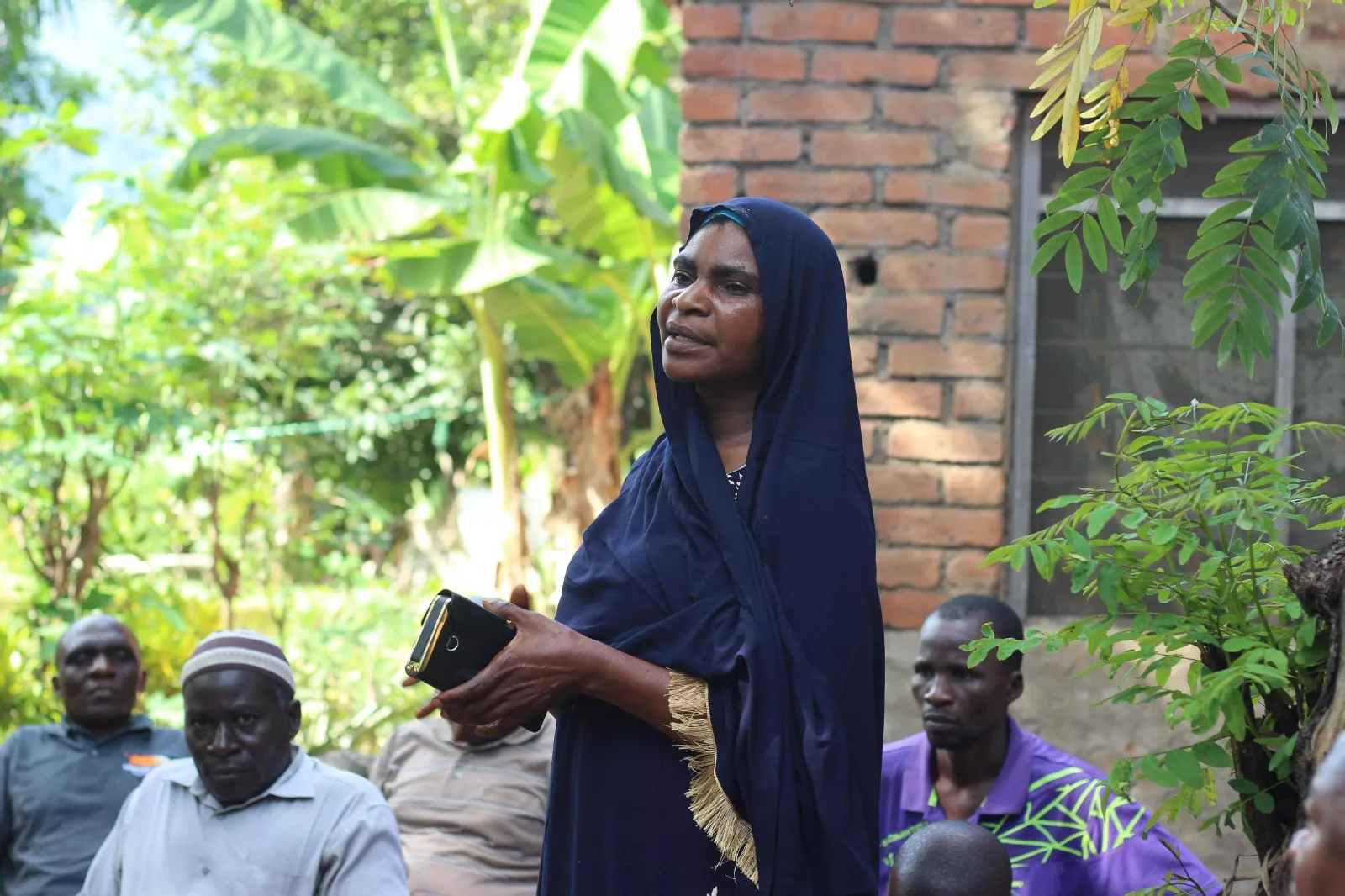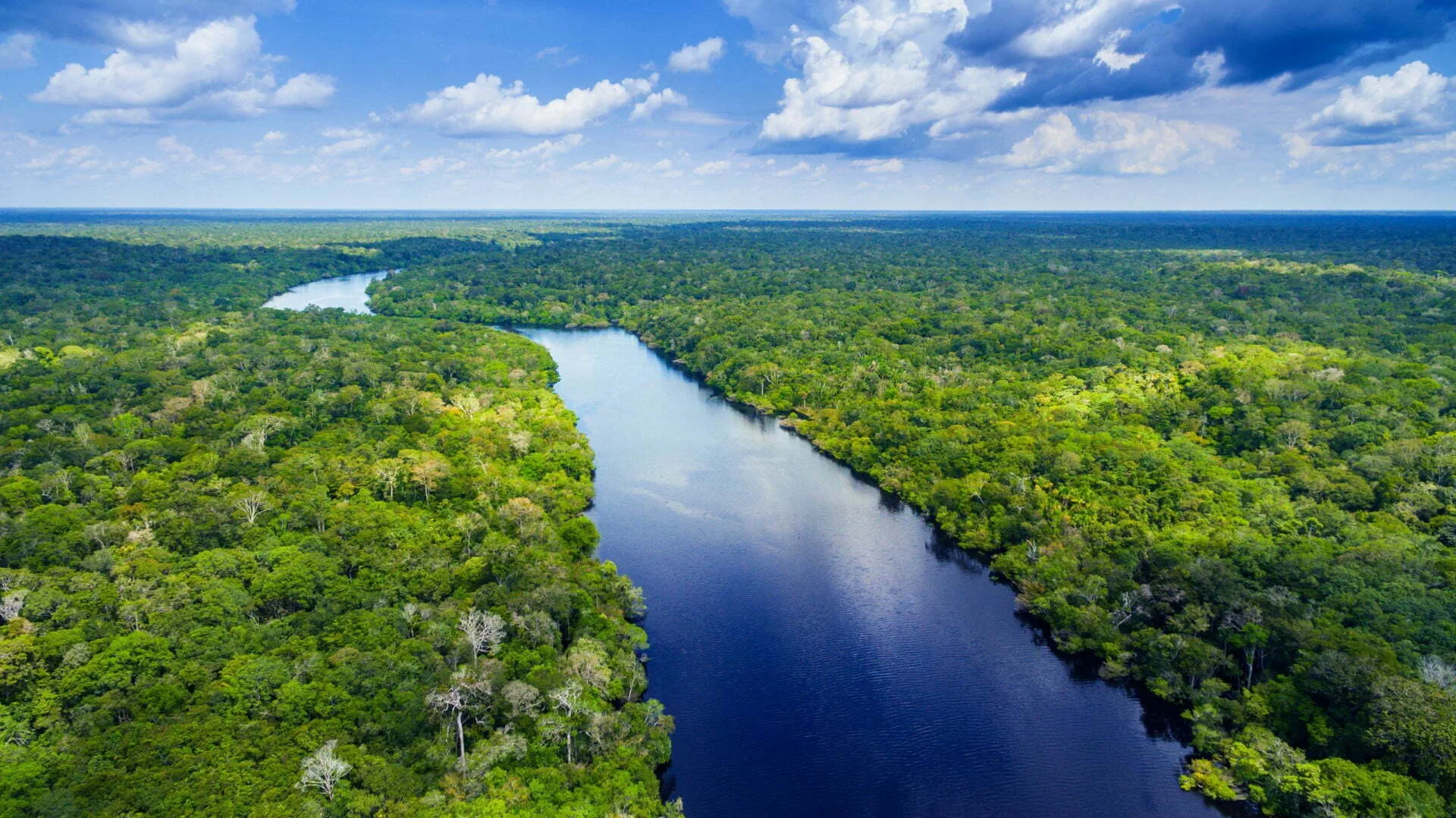
BNDES (Brazilian Development Bank) is in the path to make a public call for acquisition of up to R$ 10 million in carbon credits. The priority of these investments focus on reforestation, energy and the so-called Redd+ (reducing emissions from deforestation and forest degradation) bonds.
In that sense, the bank aims to encourage the development of a voluntary market for this type of securities in Brazil and, thereby, contribute to the reduction of greenhouse gas emissions.
The carbon credit is an instrument that remunerates initiatives on green economy, such as forest restoration projects and the use of clean energy, among other measures to reduce greenhouse gas emissions (GHG).
Carbon credits
These credits turn into bonds to be sold to other agents that emit polluting gases above levels previewed by international agreements. Voluntary buyers can also purchase those credits to access green funding sources as well making other strategic decisions.
According to the BNDES, the forecast is the voluntary market will need to grow more than 15 times by 2030 to meet Paris Agreement´s goals, which aims to achieve a balance between emissions and GHG sequestrations by 2050.
Commitment
According to their website, the Bank assumes the commitment to sustainable development in its mission. Thus, its social and environmental responsibilities are key to value and ensure the integration of both dimensions into its strategies, policies, practices and procedures.
“Sustainability and social responsibilities are themes that have increasingly occupied the discussions within Governments, companies and organizations around the world. The social function of the organizations and the interdependent relationship between the economic, social and environmental systems are increasingly evident to society”.


![24 Dec. 2023- Shirqat – Iraq – Ahmed Turki Naif, One of the beneficiaries of the training courses on modern agricultural methods in Shirqat is married and a father of two daughters, benefited from the project by adopting pivot sprinklers and drip farming after benefiting from the training course. his fealed work is growing barley, […] 24 Dec. 2023- Shirqat – Iraq – Ahmed Turki Naif, One of the beneficiaries of the training courses on modern agricultural methods in Shirqat is married and a father of two daughters, benefited from the project by adopting pivot sprinklers and drip farming after benefiting from the training course. his fealed work is growing barley, […]](https://planetacampo.canalrural.com.br/wp-content/uploads/sites/9/2025/02/undp_iq_dsc06266-scaled-1.webp)



